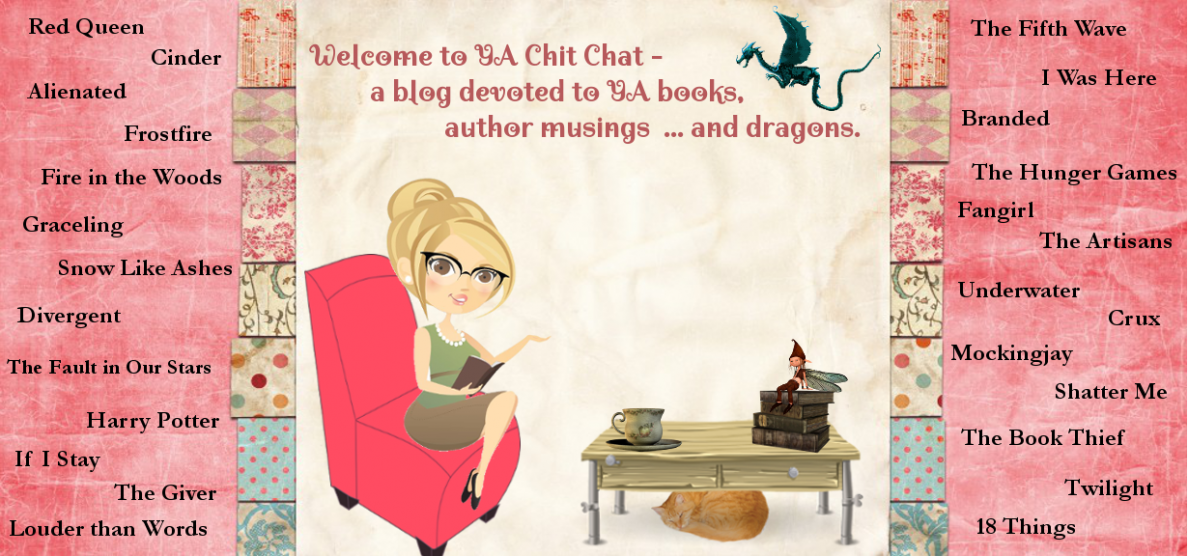I have had several writers, authors, aspiring authors, etc. ask me what the industry word count is for fiction these days. My response has always been: it depends on the genre and the publishing world at the time; however, I must say, the industry standards have been pretty stable for the last few years. But, just to make sure, I checked in with several agents’ sites to see what they had to say and have come up with the following guidelines. Keep in mind that these are only suggested word counts; rules get broken all the time but usually by published authors, not newbies, and books that are e-published usually don’t have to conform as much to the rules. With that said, here is what I found:
An average novel length is between 80k and 100k, again, depending upon the genre but this can be broken down even further.
middle grade fiction = Anywhere from 25k to 40k, with the average at 35k
YA fiction = For mainstream YA, anywhere from about 45k to 80k; paranormal YA or YA fantasy can occasionally run as high as 120k but editors would prefer to see them stay below 100k.
paranormal romance = 85k to 100k
romance = 85k to 100k
category romance= 55k to 75k
cozy mysteries = 65k to 90k
horror = 80k to 100k
western = 80k to 100k (Keep in mind that almost no editors are buying Westerns these days.)
mysteries, thrillers and crime fiction = A newer category of light paranormal mysteries and hobby mysteries clock in at about 75k to 90k. Historical mysteries and noir can be a bit shorter, at 80k to 100k. Most other mystery/thriller/crime fiction falls right around the 90k to 100k mark.
mainstream/commercial fiction/thrillers = chick lit runs anywhere from 80k word to 100k words; literary fiction can run as high as 120k but lately there’s been a trend toward more spare and elegant literary novels as short as 65k.
science fiction & fantasy = 100k words is the ideal manuscript size for good space opera or fantasy. For a truly spectacular epic fantasy, some editors will consider manuscripts over 120k but it would have to be something extraordinary. And regardless of the size, an editor will expect the author to be able to pare it down even further before publication.
Agents and editors cannot stress enough that there are always exceptions to every rule, especially in SciFi and Fantasy. However, debut novelists who are trying to catch the eye of an agent or editor for the first time should probably err on the side of caution with your word count.

